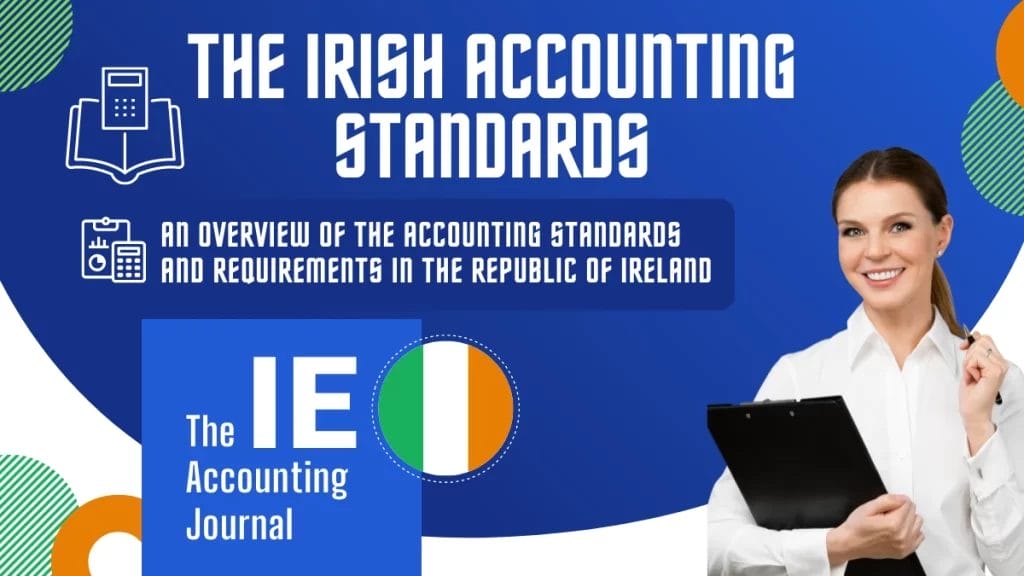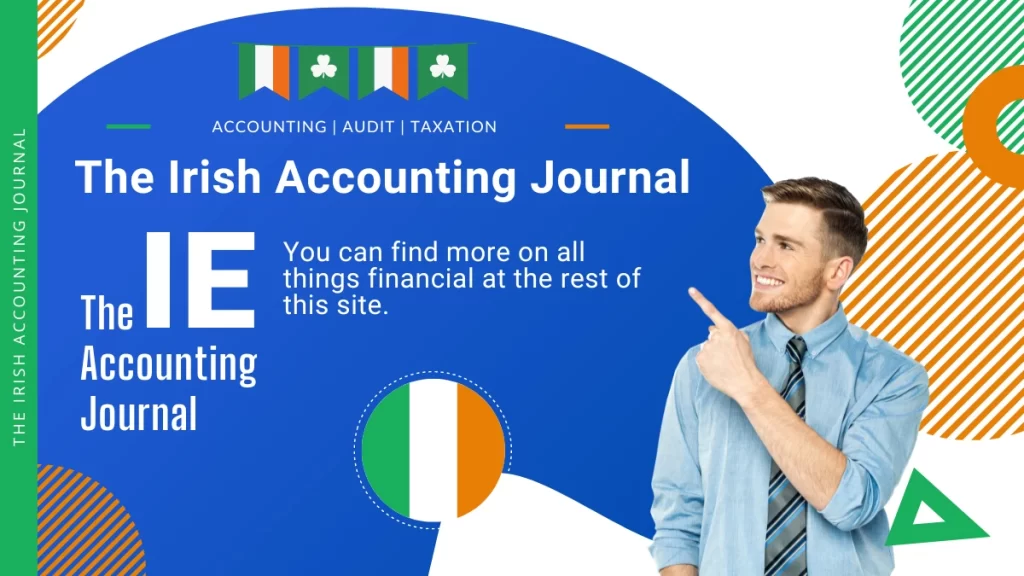Ireland Accounting Standards: The most notable points about the application of International IFRS, Irish FRS 102 accounting standards, and the aligned requirements in the Republic of Ireland.
Financial reporting continues to change, but it is changing big for the Ireland Accounting Standards reporting. Read about a new framework of Ireland Accounting Standards to be considered.
The Financial Reporting Standard in the UK and Republic of Ireland FRS102 was published by the Financial Reporting Council on 14 March 2013. This standard is applicable for periods starting after January 2015. FRS 102 is based upon the IFRS Standard for SMEs but has significant modifications. FRS 102 can be used by all entities that are not required to use EU-adopted IFRS.
The new Ireland Accounting Standards in Ireland GAAP (FRS 102) are very similar to the existing Irish GAAP. The guidance is simpler, and all disclosure and accounting requirements are covered in one standard. FRS 102 replaces the existing Accounting Standards in Ireland (FRSs, SSAPs, and UITF abstracts).
FRS 101, the reduced disclosure framework, the Ireland Accounting Standards allows groups that report under IFRS to have the same recognition principles and measurement principles used by their subsidiaries. However, it doesn’t require them to comply with all the IFRS disclosure requirements. Groups reporting under US GAAP can also benefit from the reduced disclosure framework (RDF).
Application of IFRS Accounting Standards in Ireland
EU IAS Regulation demands that IFRS Accounting Standards be applied to consolidate financial statements of European companies whose securities are traded in a regulated market. This would apply to the Main Securities Market (MSM) of Ireland’s Stock Exchange.
The EU IAS Regulation allows member states to permit or require IFRS Standards, as adopted by EU, in separate company financial accounts (statutory accounts) of such businesses and/or in financial statements of companies whose securities don’t trade on a regulated market.
Ireland’s republic has used the option under IAS regulation to permit optional application IFRS standards adopted by European Union for all companies whose securities do not trade in a regulated market.
ESM rules require that issuers listed on the Enterprise Securities Market, (ESM), that are incorporated in Ireland or another European Economic Area (EEA), and that are parent businesses apply IFRS Accounting Standards adopted by the EU.
GEM rules allow issuers to use IFRS Standards adopted by the EU by Global Exchange Market (GEM).
Conforming to the EU Accounting Regulation, IFRS Accounting Standards are required for all European companies whose equity or debt securities trade on a regulated market within the Republic of Ireland.
The application of Ireland Accounting Standards (FRS 102)
FRS102, the Financial Reporting Standard in the UK and Republic of Ireland was published by the Financial Reporting Council on 14 March 2013. This standard is applicable for periods starting after January 2015. FRS 102 is based upon the IFRS Standard for SMEs, but with substantial modifications. FRS 102 can be used by all entities that are not required to use EU-adopted IFRS.
Modifications to FRS 102 Accounting Standards

The following modifications were made to FRS 102 Accounting Standards.
- Section 17 now offers the option of valuing property, plant, and equipment, and Section 18 allows for the revaluation of certain intangible assets.
- Section 18 now has an option that allows you to capitalize on development costs if certain criteria are met.
- Section 18 was amended to include a ten-year useful life for amortizable assets, including goodwill.
- Section added an option to capitalize borrowing costs on qualified assets.
- For the combination of entities under common control, it is necessary to require merger accounting (pooling).
- Owners do not need to receive non-cash distributions at fair value.
- Accrual accounting added for government grants.
- The temporary difference is not an option for deferred income taxes and requires a timing differential approach.
- Historical cost models for all biological assets are allowed.
- Other changes were made to allow accounting treatments in FRSs at transition dates that are consistent with EU-adopted IFRS Accounting Standards.
The administrative agreement with the UK FRC allows Irish SMEs to use the United Kingdom Financial Reporting Standards or the full IFRS Accounting Standards adopted by the EU.
The UK Financial Reporting Standard for Smaller Entities cannot be in correlation to the Ireland Accounting Standards because there is no equivalent in Irish company law for small companies.
If you found this article helpful, please go to the rest of the website for more about accounting in the Republic of Ireland, the general accounting standards, some of the tax reliefs in Ireland, the Irish company audit requirements and audit exemptions, understanding the Irish tax system, or more accounting and financial topics in International Accounting, Audit, Taxation, Accounting Software, Cloud Accounting and Accounting Automation.
Read this article in: English – Dutch – French – German – Spanish



